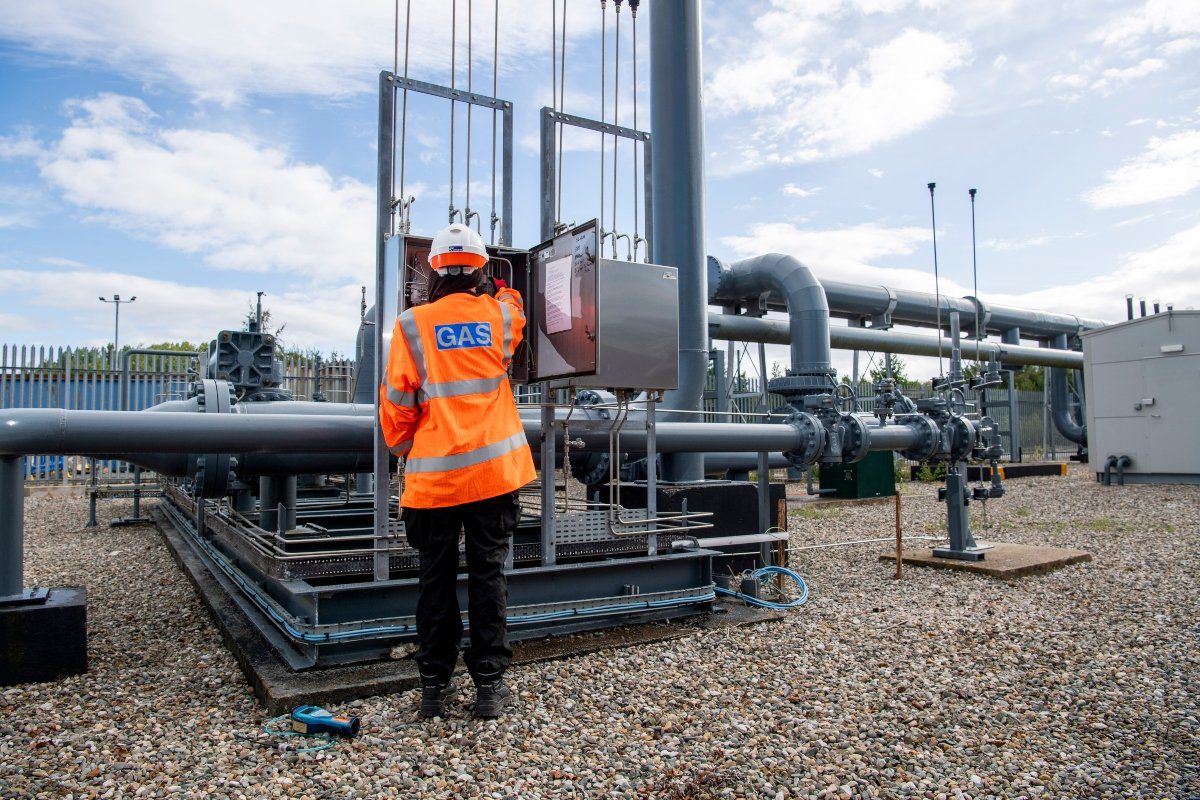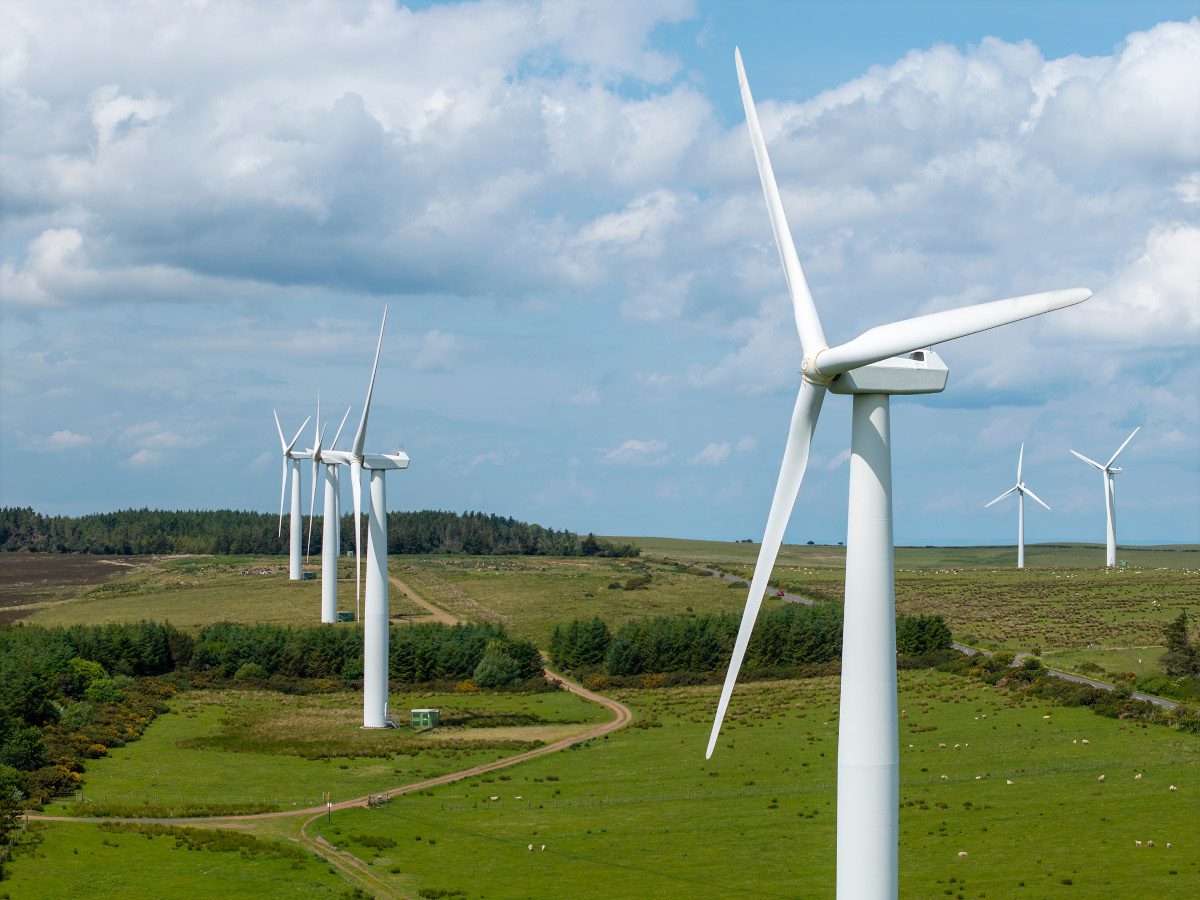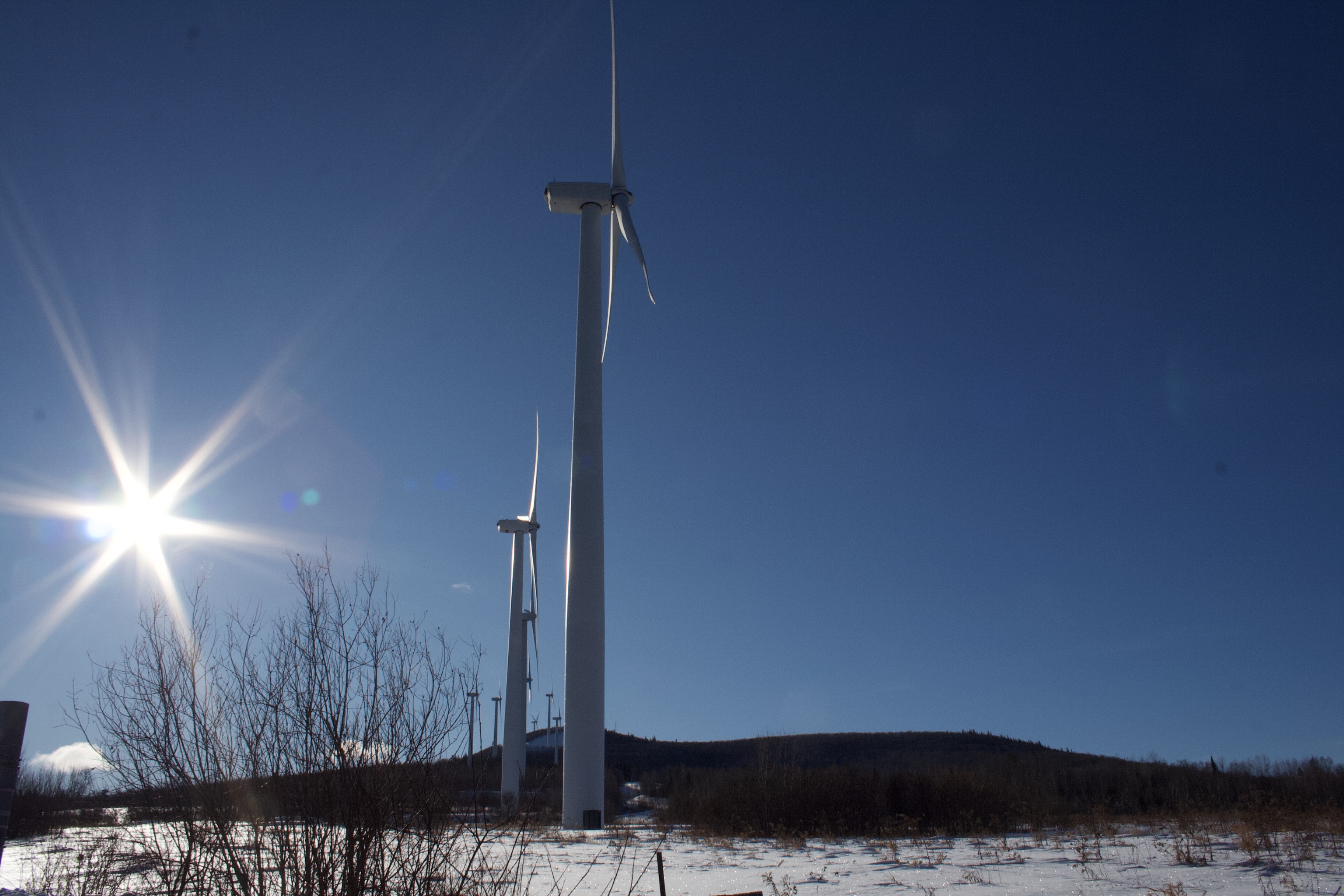Observers in sectors such as waste, energy and construction responded to Rachel Reeves’ Autumn Budget, delivered on 26 November. The statement talked much about growth but seemed to offer little to fund it.
The main headline-grabber was a £150 cut to the average household’s energy bill, from April 2026, a reduction secured in part by scrapping the Energy Company Obligation (ECO) – a long-standing scheme that obliges energy companies to fund home insulation and heating upgrades for low-income households. There was also some transference of costs from household bills to general taxation, specifically around 75% of the cost of legacy subsidies under the Renewables Obligation (RO), a move that will be in place until at least 2028/29.1
The loss of the ECO scheme suggested short-sightedness, in its abandonment of measures that can permanently reduce household energy bills, as a letter to the Chancellor noted, signed by organisations including Energy UK, Eon and environmental campaign groups.
Scrapping ECO could mean a quarter reduction in warm-homes funding this parliamentary term – a big cut to investment into energy efficiency, as think tank group E3G observed.2 The group’s Ed Matthew said this would cost 10,000 jobs and prevent 1 million families from insulating their homes in the next 4 years.
ECO was considered a failure in its latest incarnation, a casualty of poor regulation and oversight, which resulted in homes being fitted with inadequate solid wall insulation. E3G felt it needed “to be reformed to make it as successful as previous iterations of the scheme”. The group added: “By axing it, the Treasury has removed the main programme to provide a long-term solution to fuel poverty and one of the most important schemes for reducing the cost of power infrastructure in the future.”
The decision to fund the RO from general taxation (rather than bills) seemed more like a reallocation than a genuine increase in funding for renewables, despite the budget’s reiteration of previously aired “green energy superpower” rhetoric. This budget made clear that nuclear is now very much part of that goal, and now to be eligible for green financing, reinforcing “the government’s firm conviction that nuclear energy is green”.
Nuclear reactors “currently release terawatt hours of energy into the sea every year as waste heat”, noted Simon Kerr of EnergiRaven, a specialist in waste heat. Likewise, data centres produce enough heat to warm millions of UK homes. He felt this was a moment to develop heat strategies for the relevant infrastructure here, “joining the dots and creating the infrastructure that will deliver cleaner, cheaper heat for generations.”
Others also saw a paucity of imagination in the statement. “This was the moment to show how smart, targeted investments could deliver cheaper, more reliable energy,” said Damian Baker, Founder & Managing Director, RenEnergy. Instead there were roadblocks to the energy transition in his view, such as the new pay-per mile tax for electric vehicles (EVs). It means EV owners can expect to pay 3p per mile from 2028, an additional layer of cost beyond the Vehicle Excise Duty to which all EVs became subject from April 2025.
“All cars contribute to wear and tear on the roads, so it is only right that motoring taxes cover electric cars via a modest self-reported per-mile levy,” notes the Budget statement.
But there were also positives where EV charging is concerned, with the Chancellor committing £200 million towards accelerating the rollout of EV charging infrastructure, helping to reduce the ‘range anxiety’ that commonly restricts consumer takeup. She also opted to retain an existing incentive of 100% business rates relief for EV charge points for the next decade. A further £1.3 billion of funding will also be made available for the EV car grant scheme, which lowers the cost of purchasing a new EV.
Opportunities in waste
Announcements relevant to waste and recycling included the government’s decision not to proceed with planned convergence of standard and lower rates of landfill tax, committing instead to preventing the gap between them widening in the years ahead.
But “this alone will not solve the billion pound scourge of waste crime in this country,” observed Veolia UK & Ireland CEO Gavin Graveson. “While sense over the rates has prevailed, we need a realistic plan to urgently tackle organised gangs undermining the legitimate operators.”
Both Graveson and David Gudgeon of Reconomy wished for policy support to tackle waste crime and further drive circularity.
Reeves also opted to avoid increasing the Plastic Packaging Tax (PPT), an item that had been on industry wishlists.
“By not increasing the PPT to £500p/t with a 50% mandatory recycled content threshold, the Government is seriously risking the investment needed for crucial domestic recycling infrastructure, providing green growth and green jobs,” said Veolia’s Gavin Graveson.
Infrastructure ingredients
Growth was framed overall by Reeves as playing second fiddle to the main task of restoring economic stability, and the currently constrained economics mean that this is little scope to stimulate growth through measures such as R&D investment, productivity-enhancing reforms, green innovation funds, nature recovery and the like. Instead, the stimulus is clearly expected to come from construction, and Reeves’ statement reiterated infrastructure announcements of recent months.
Recent positive decisions on Northern Powerhouse Rail and PPP for Neighbourhood Health Centres (NHC) were welcomed by the Association for Consultancy and Engineering (ACE), but the group’s Ben Brittain said that “next we need to see the practical detail and long-term clarity required to turn ambition into accelerated delivery.” In particular he wanted to see “more detail on the private investment models it wants industry to rely on.”
Ramboll’s Neil Sansbury pinpointed political leadership as an important ingredient. “The creation of NISTA [(National Infrastructure and Service Transformation Authority)]
is welcome, but it will only be effective if it’s empowered and supported by ministerial leadership that understands how to drive major complex programmes.
“Giving the system clearer ownership, more authority and better tools would send a strong signal that the government is serious about delivery.”
Notes
[1] Budget 2025, Policy Paper, HM Treasury. In the section titled “1.4 Taking decisive action to cut the cost of living and bring down inflation”. Link: https://www.gov.uk/government/publications/budget-2025-document/budget-2025-html
[2] https://www.e3g.org/news/uk-autumn-budget-2025-e3g-reaction/?utm_source=chatgpt.com
















